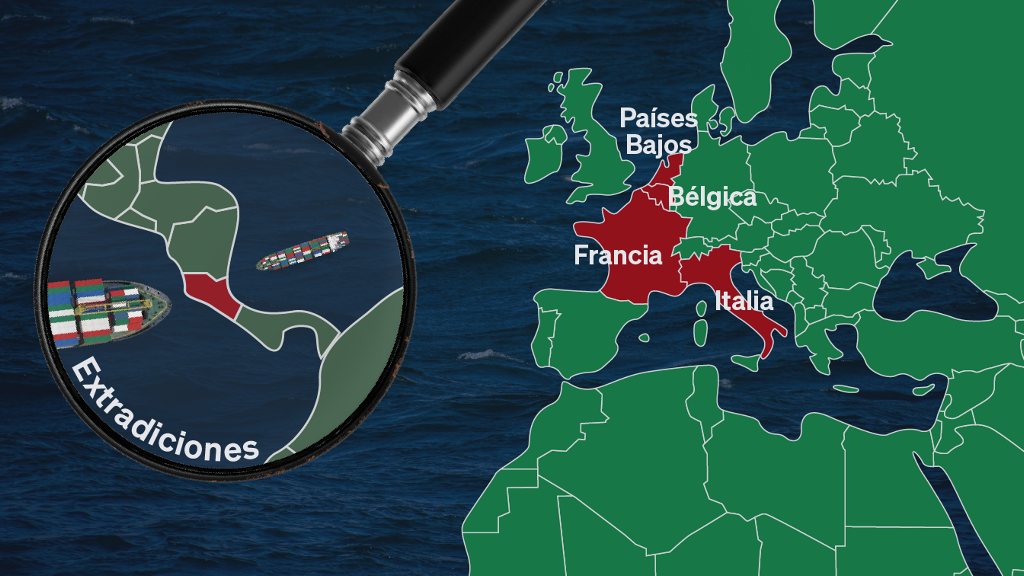The two fixed scanners donated by the U.S. Embassy to Costa Rica, intended for the ports of Japdeva in Limón and Caldera in Puntarenas, remain stored in boxes inside the National Air Surveillance Service facilities in Alajuela.
The state-of-the-art equipment, which arrived in Costa Rica on November 15 and was presented during a public event on November 19, will not be deployed in the fight against organized crime until the first quarter of 2025. This delay has drawn attention due to Costa Rica’s ongoing battle against drug trafficking.
Costa Rica faces significant challenges with drug shipments departing its ports, primarily targeting Europe and the United States. These scanners are known for their advanced penetration capability and 4D resolution, providing a 360-degree internal visualization of cargo. Their deployment is critical to strengthening port security and combating organized crime effectively.
Minister of Security Mario Zamora explained that the delay stems from awaiting the arrival of an essential computer component. “We are awaiting the activation computer equipment, which is expected to arrive during the first weeks of 2025. Once it is ready, U.S. engineers will come to activate the systems at Japdeva and Caldera,” Zamora stated.
Additionally, Zamora revealed plans to send Costa Rican personnel to the United States for training in January 2025. The training will cover both the use of the scanners and broader border management techniques, ensuring the effective integration of this technology. The Minister also clarified that the 12 mobile scanners previously donated by the U.S. are fully operational.
These units are used for police operations at roads, docks, and, starting in 2025, at Costa Rica’s land borders. U.S. Ambassador to Costa Rica Cynthia Telles reiterated the strong bilateral cooperation in combating organized crime. She highlighted the $19.5 million investment in the donated scanners, which includes installation and training.
By incorporating these scanners, Costa Rica will enhance security at critical points, including APM Terminals, Japdeva, and Caldera, while using mobile units for surprise operations. This step underscores Costa Rica’s commitment to securing its borders and disrupting international drug trafficking routes.
Source link
Tico Times



